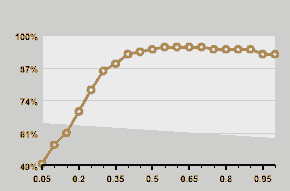obgyn65
Thinks s/he gets paid by the post
A few people have emailed me in the past advising not to answer a specific individual. The main reason ? They don't want to get into arguments with him (or her). However, I believe I still have the right to express my opinion also without this same individual calling my conservative, low risk views as 'misleading' or 'dangerous' while millions of people have been financially devastated in the last few years by taking so-called 'risks'.
Like holiday meals and family get togethers, we can learn to disagree without being disagreeable, and we should challenge each other in a way that is respectful, on topic, and appropriately impersonal.
Last edited:


